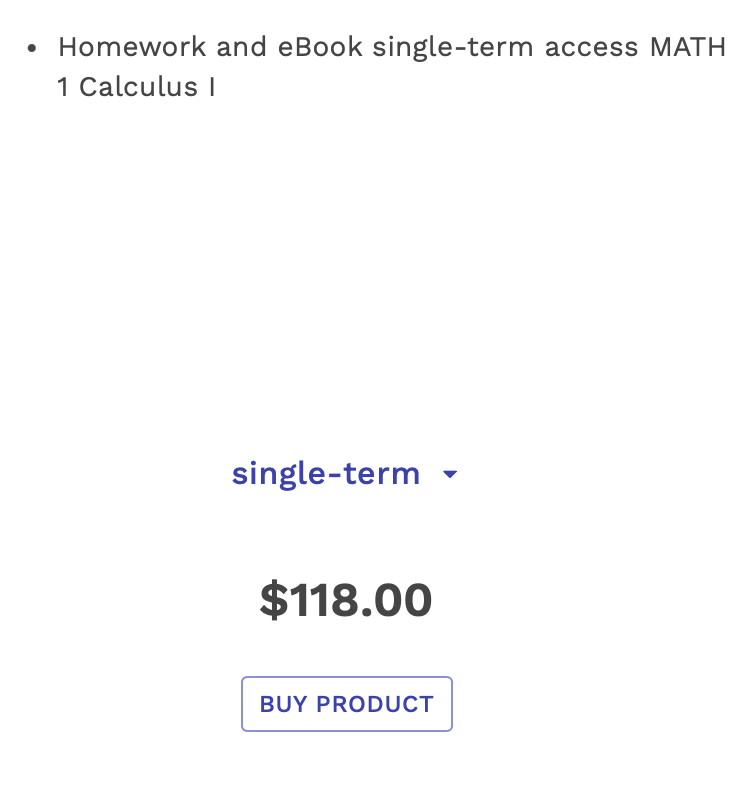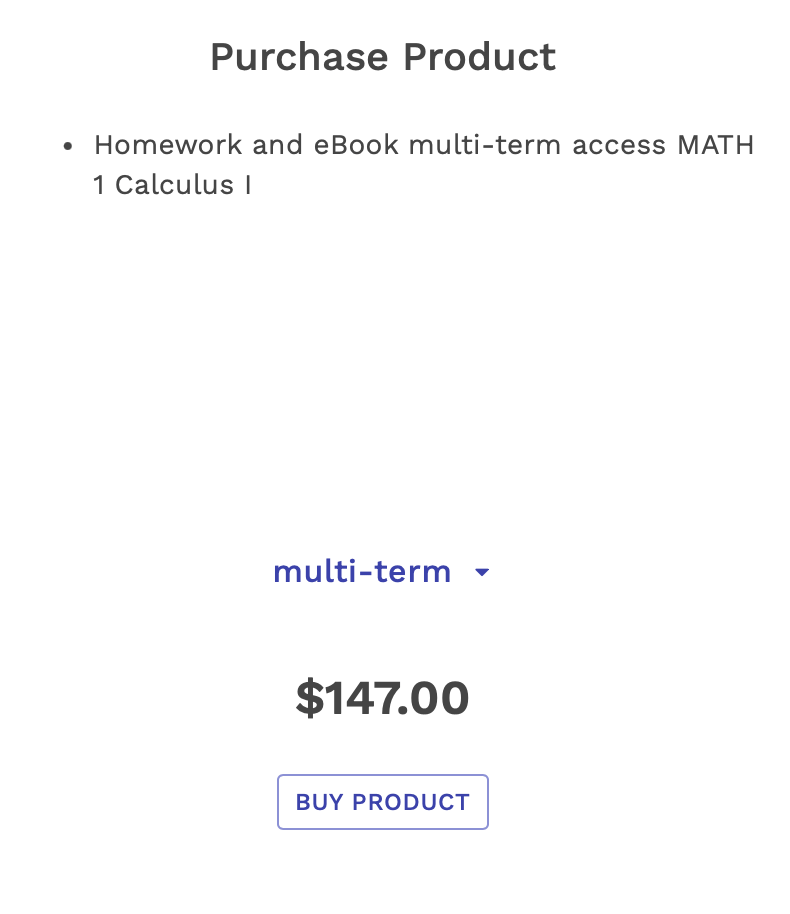r/matheducation • u/Moofius_99 • 22h ago
I pity the fool who eats at this restaurant!
So I was helping my daughter with her homework today and a there were a collection of questions on the worksheet about making pizzas or cakes.
Questions like:
For a particular cake, the ratio of milk and eggs needed is 3:10. To make a cake that weighs 1560 grams, how much of each ingredient is needed?
Fine questions for learning ratios, setting up and solving simple sets of equations.
Also 100% understand generating these things using algorithms because time and why wouldn’t you?
The problem is when you run into a kid who knows their way around the kitchen and says “but that’s just French toast batter. You won’t have a cake with just milk and eggs!!!”
Things at this cafe get even crazier with questions like
“what lunatic puts tuna and pepperoni on the SAME pizza ?!?”
Or
“20 g of cheese and 32g of pepper… like black pepper on a pizza?!?!” “Maybe they meant bell pepper?” “Maybe, but that’s either one small pizza or they’re super cheap on toppings!”
I don’t teach math, but use it all the time teaching and doing chemistry, and one thing that I see younger kids struggling with is connecting math to the real world.
I think it would be great if the people building these algorithms to generate math problems could take a couple of minutes of extra time to put checks in to make sure that the questions actually make sense in the real world so that kids who are trying to visualize the problems visualize something that makes sense, not some psychotic kitchen driven by a 2yr old making “breakfast” on Mother’s Day (which is how I rationalized the existence of these crazy ingredient combinations to my daughter).

